Empowering the Future of Artificial Intelligence with Decentralized AI Marketplaces
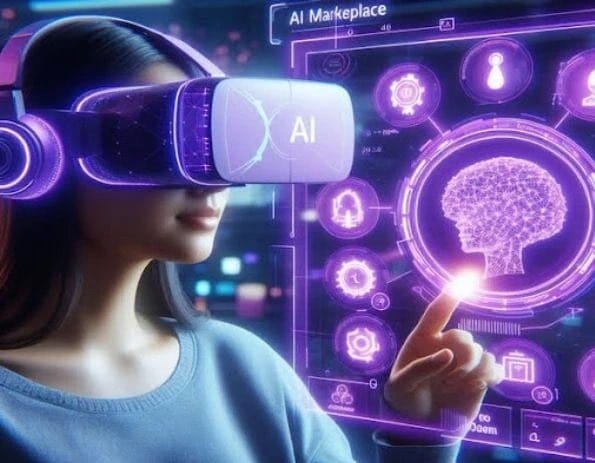
Imagine a world where access to advanced AI tools is not limited to corporations. Instead, it is available to anyone—a solo coder, a startup team, or a global researcher. This is the vision behind decentralized AI marketplaces. These blockchain-powered platforms are changing how artificial intelligence is built, shared, and monetized, promoting a more inclusive and collaborative innovation landscape.
As AI becomes central to nearly every sector, there is increasing demand for open, transparent systems that don't rely on centralized tech giants. Decentralized marketplaces provide an alternative, and they are beginning to shape the future of how AI is developed.
What Are Decentralized AI Marketplaces?
Decentralized AI marketplaces are platforms built on blockchain technology where developers, researchers, and businesses can exchange AI-related assets. These include models, datasets, computing power, or task-specific prompts. Transactions are governed by smart contracts, which enforce rules, pricing, and access without the need for intermediaries.
This creates a global, open-access marketplace. For example, a data scientist in Nairobi might sell a proprietary dataset to a startup in Boston, or a developer in Tokyo might lease GPU power to a team training a model in São Paulo. Tokenization of assets and decentralized file storage ensure security, traceability, and accessibility.
Key Players Shaping the Ecosystem
Several platforms are already operational and leading progress in this space:
- SingularityNET offers a decentralized catalog of AI services, where developers can list, sell, and access tools using the AGIX token.
- Ocean Protocol provides privacy-preserving data sharing, particularly valuable in healthcare and scientific research.
- Sahara AI focuses on tracking the origin of datasets and models, allowing creators to earn royalties through automated smart contracts.
- Swan Chain offers low-cost compute power through a decentralized GPU network, reducing AI training costs significantly.
- OORT connects decentralized data storage with cloud platforms like Google Cloud, creating hybrid solutions for enterprise AI.
Why These Platforms Matter
1. Expanding Access
Traditional AI tools and infrastructure are expensive. Decentralized marketplaces allow developers and researchers with limited resources to access or monetize high-quality assets and services. This opens the field to a wider range of participants.
2. Protecting Privacy and Ownership
These platforms give individuals and organizations control over their data. Privacy-preserving techniques such as federated learning allow users to contribute to model training without giving up raw data. Smart contracts help define who can use an asset and under what conditions.
3. Ensuring Transparency and Trust
Blockchains record every transaction in a way that cannot be altered. This allows users to verify where a dataset or model came from, how it was used, and whether the original creator has been credited and compensated.
4. Reducing Costs
Decentralized networks often utilize unused resources, such as idle GPUs or redundant storage. This cuts expenses significantly compared to traditional platforms like AWS or Google Cloud. For example, Swan Chain's auction-based model offers access to computing resources at a fraction of the usual cost.
5. Encouraging Innovation
Token-based incentives reward users who contribute useful datasets, models, or tools. These incentives promote a continuous cycle of contribution and improvement within the ecosystem.
Use Cases and Real-World Impact
The practical applications of decentralized AI marketplaces are diverse and expanding:
- Healthcare: Hospitals and researchers can share anonymized data for AI training while maintaining regulatory compliance.
- Climate Science: Organizations can run large simulations on affordable decentralized compute networks.
- Finance: AI models for fraud detection or risk scoring can be shared, licensed, or improved collaboratively.
- Gaming and Media: Industry-specific prompts and tools for generative models are traded in niche marketplaces.
- Agriculture: Farmers can access or contribute to AI tools for disease detection, yield prediction, and resource management.
Challenges and Considerations
While promising, this approach is not without obstacles.
- Scalability: Training large models on decentralized infrastructure is often slower or more complex than using centralized systems.
- Adoption Barriers: Competing with the convenience and scale of major cloud providers is difficult, especially for enterprises.
- Quality Assurance: Marketplaces must develop systems to validate assets, ensuring buyers do not receive incomplete or low-quality products.
- Regulatory Compliance: Navigating data laws such as GDPR requires thoughtful infrastructure design and legal safeguards.
Ongoing community discussions highlight both the potential and the risks. Some praise the transparency of decentralized systems, while others warn of the challenges related to trust and accountability.
Future Outlook
Despite the challenges, decentralized AI marketplaces are gaining traction. Analysts expect the global data marketplace industry to exceed 5 billion dollars by 2030. This growth is driven by demand for ethical, sovereign, and privacy-focused AI solutions.
Europe, in particular, is embracing decentralized AI as part of its digital sovereignty initiatives. Startups like Mistral and Sesterce are developing open-source alternatives to dominant AI platforms. New players such as Sapien (which integrates human oversight into data validation) and OpenLedger (which enables on-chain model inference) are addressing some of the key limitations in scalability and trust.
How to Get Involved
There are many entry points for developers, businesses, and enthusiasts:
- To monetize a dataset, explore Ocean Protocol.
- To offer or access AI services, try SingularityNET.
- To rent compute resources affordably, consider Swan Chain.
Online communities, especially on platforms like X, offer real-time insights into ongoing developments. These spaces are useful for staying updated and connecting with others in the ecosystem.
A New Model for AI
Decentralized AI marketplaces offer a new path for building artificial intelligence—one that is more open, collaborative, and inclusive. While still early in their development, these platforms are already challenging traditional approaches and reshaping who gets to participate in the AI economy.
The infrastructure is evolving, the community is growing, and the use cases are multiplying. If current trends continue, the future of AI will not be controlled by a few central actors but shared by a global network of contributors.
References
Exploring the Potential of a Decentralized AI Marketplace: Thoughts and Feedback?
by u/FactKlutzy5282 in learnmachinelearning
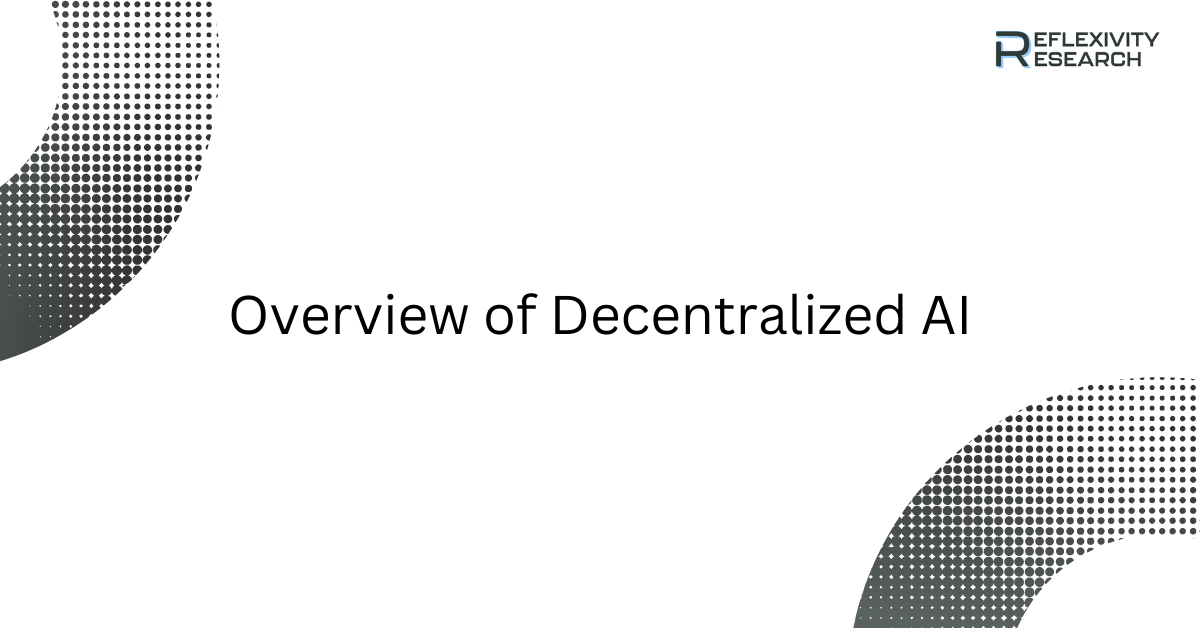

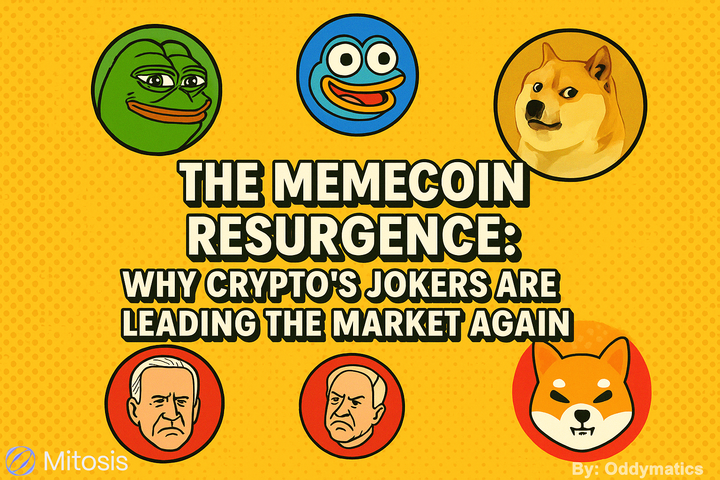

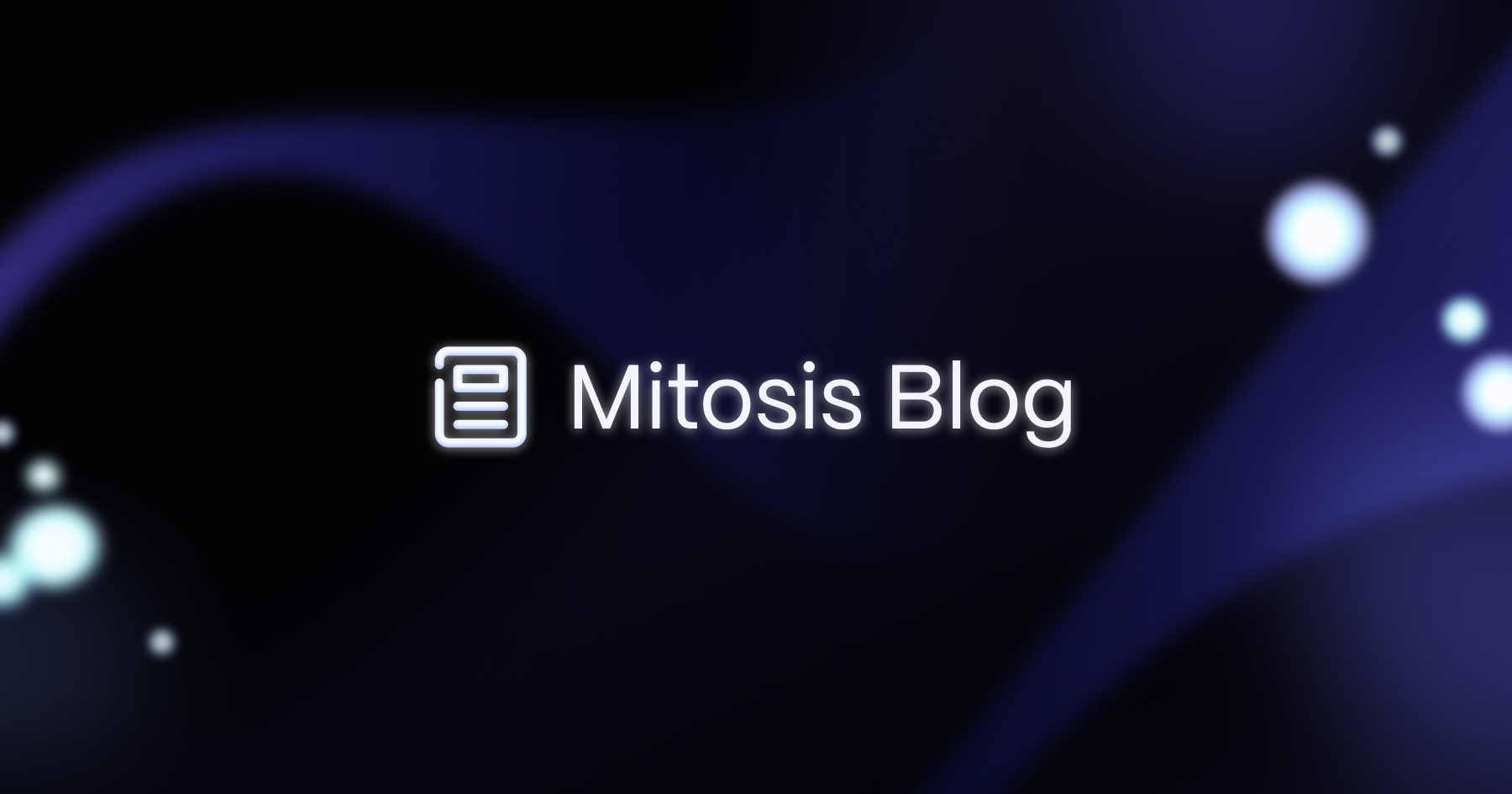




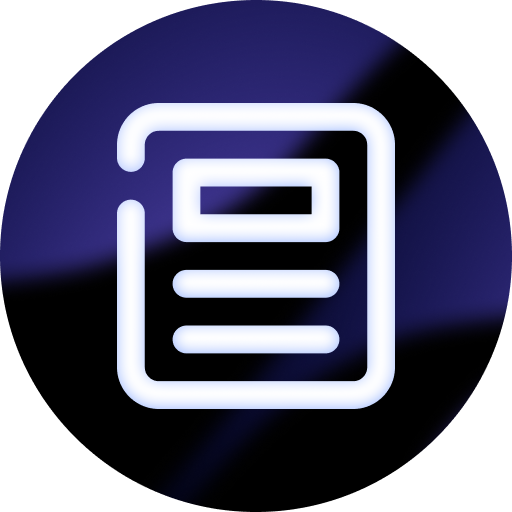
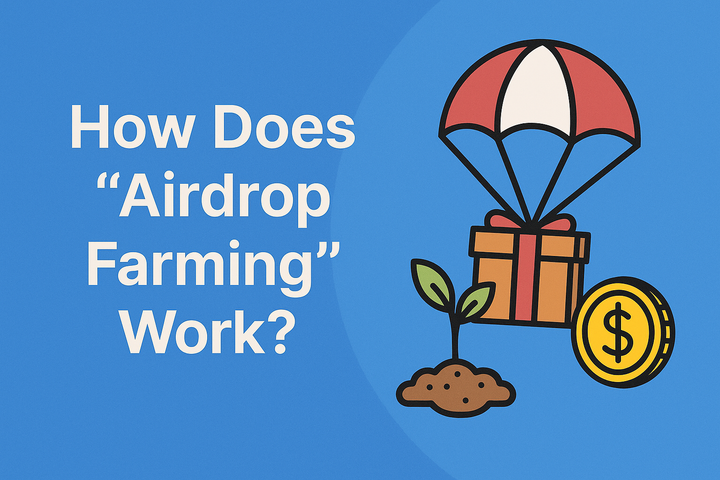
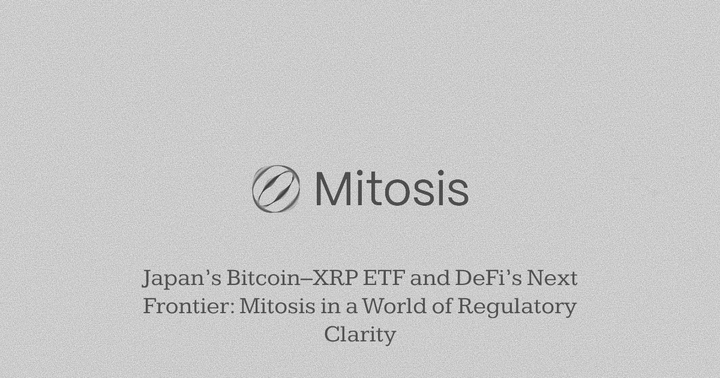
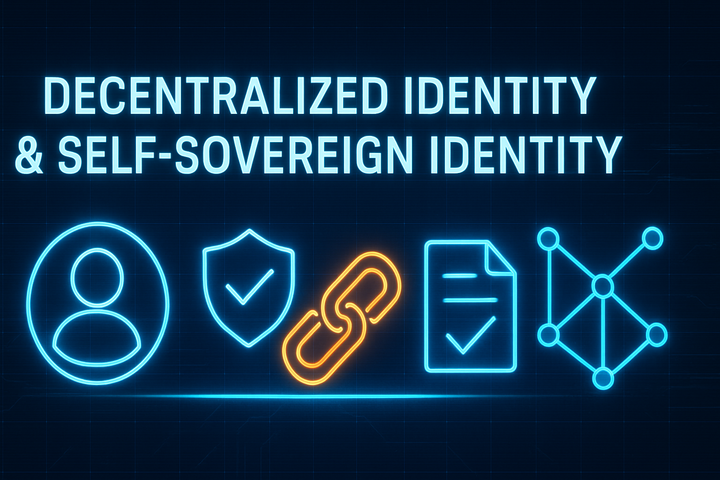
Comments ()